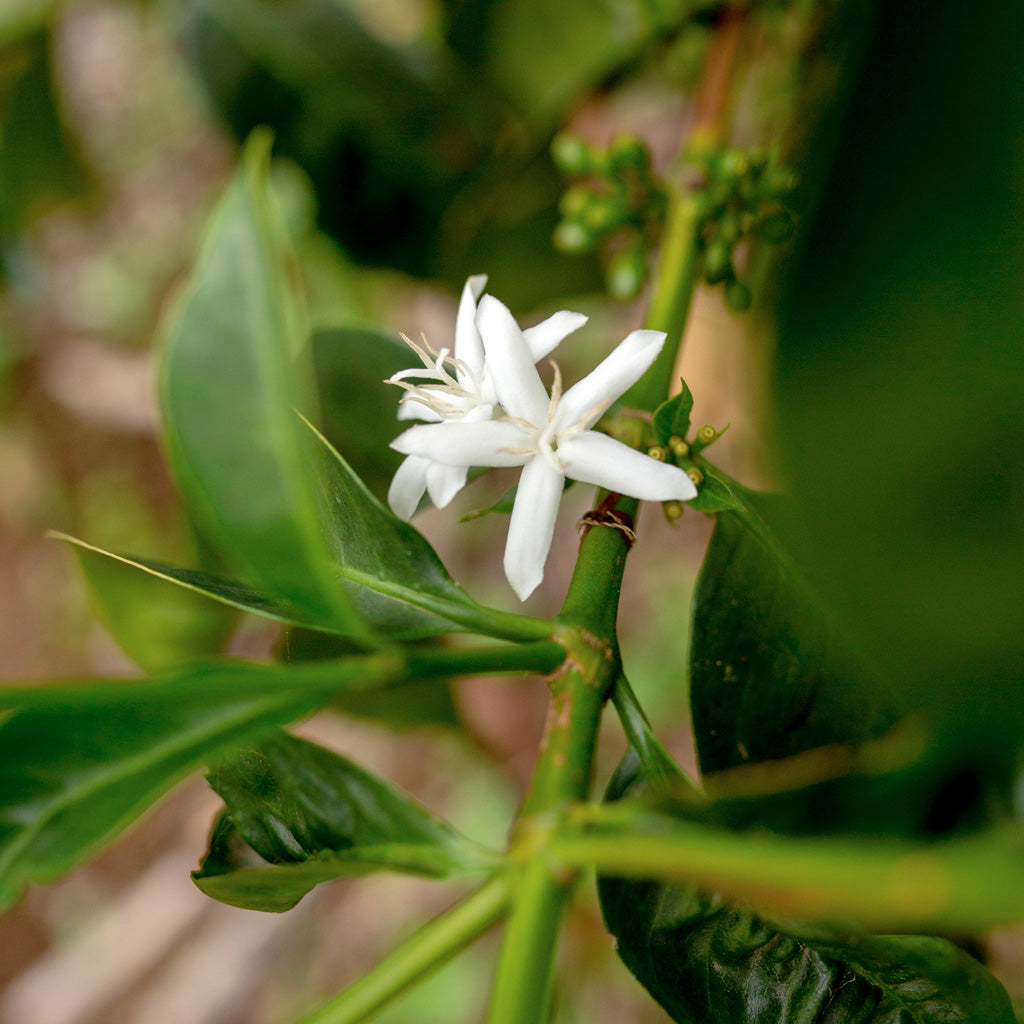Your Cart is Empty
Sold Out
If you have been following several of our most recent menu launches, you are familiar with the supply chain challenges we have been experiencing. The delays out of every origin are the most extreme we’ve ever seen. We’re having trouble even getting a container to show-up at the dry mills to pick up the coffee. There will be 2 to 3 no-shows before one arrives, and we’ll have lost the window of our sea freight booking, then rinse-repeat with every country we work in!
While we await our own Direct Trade coffees, we’ve worked with our favourite importers to give you the chance to taste some different and unique offerings. Our sampling and selecting process from these importers is still rigorous, in line with our commitment to bring you top shelf coffees.
This coffee comes to us from Royal Green Coffee Importers, but the source is someone we have known for a long time and have a special relationship with: Benjamin Paz. Here are some notes about this coffee, from Royal:
"The municipality of Marcala, in Honduras’ La Paz department, is a mountainous region with Pacific Ocean climate influence very close to the country’s border with El Salvador. This part of Honduras is extremely well respected for coffee quality...Just like in any gifted, challenging coffee terroir in Central America, farms in the Marcala area range from large and historic to small and familial. The region has a variety of exemplary coffee organizations, from organic cooperatives to private mills and independent producer groups whose organized efforts have brought a lot of recognition to the potential of Marcala’s small farms in recent years. Proyecto Cabañas is one such group. It is a central processing project that currently services 65 small farms across the Cabañas community, a sprawling and remote area in the complex ridgelines along the Honduras-El Salvador border, due south of Marcala city. Participating farms average only 2.5 hectares apiece and are managed by immediate family.
The processing project was first established in 2012. Farms across the region were struggling to survive after a roya (coffee leaf rust) outbreak devastated the predominant coffee cultivars in production—cultivars like typica and pacas, both excellent in the cup but highly susceptible to illness. Many of the farms had only recently been established, as coffee in Cabañas was not typically cultivated until the year 2000 when landowners saw the potential of planting it. The newer, state-sponsored hybrids farmers planted to replace their loss, such as Lempira and Ihcafe-90, needed help maximizing quality. San Vicente, a miller, exporter, and marketing group based in Honduras’ Santa Bárbara department, was first introduced to farmers in Cabañas by one of their producers, Alex Ponce, who has family in the region. The project began with only 3 producers, a single pulping machine, and 3 raised beds on a rented plot of land. Now, 10 years later, the group is much larger and the project is producing a wide variety of processing styles."
As always, this green was frozen immediately upon arrival.
